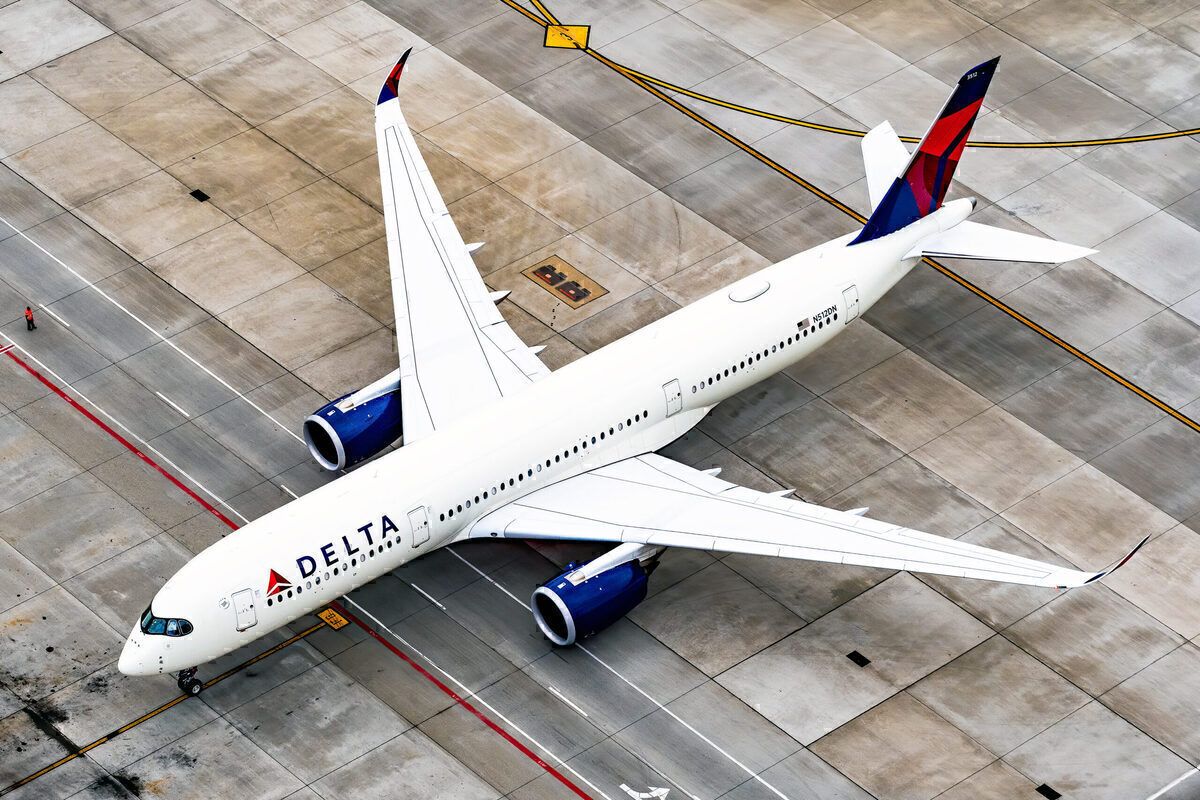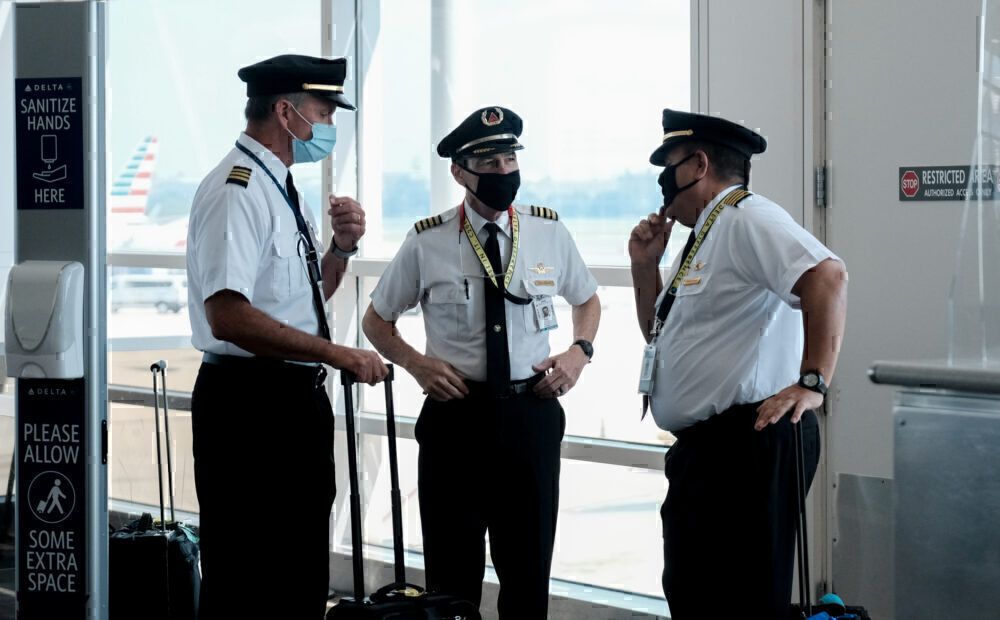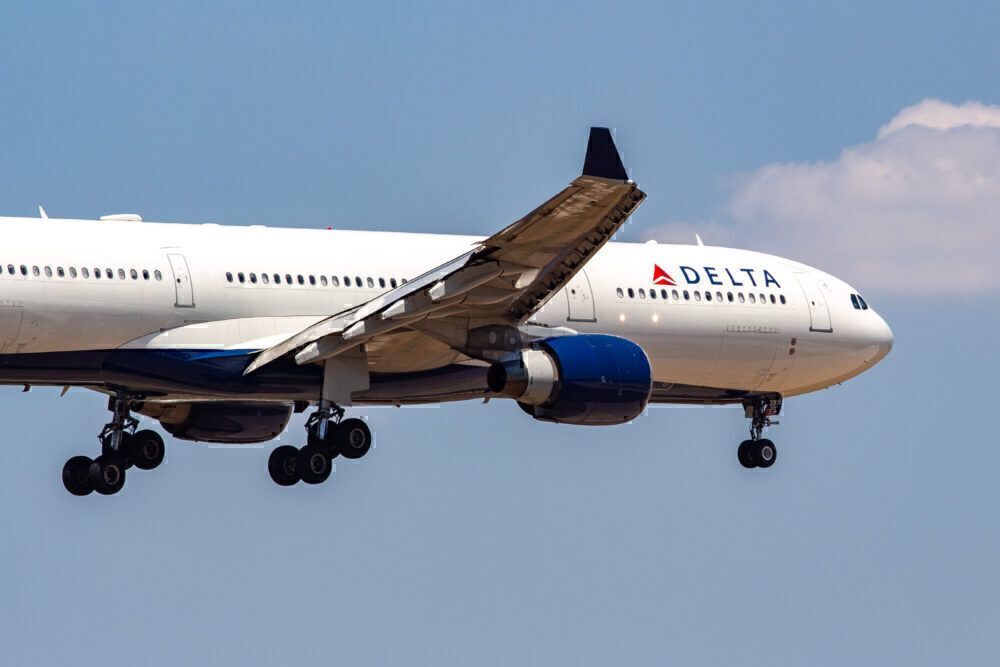Delta Air Lines announced Thursday that it would begin a voluntary contact-tracing scheme for travelers to the US from international destinations. Under the new program, Delta will share the data immediately with the CDC, which could cut tracing times by as much as a week.
Five data points directly to the CDC
In a memo to Delta employees on Thursday, December 3rd, the airline's CEO Ed Bastian outlined the company's latest steps towards rebuilding customer confidence in air travel. Along with weekly tests for Delta Air Lines staff, the carrier will now offer a voluntary contact-tracing program for inbound international travelers.
The new system would make sure that, following their flight, passengers could quickly be informed if they have been exposed to someone who later tested positive for the virus. That is, if they have opted in for the program since it will be on a voluntary basis. The airline will collaborate with the Centers for Disease Control (CDC) and provide the agency with tracing information.
The initiative will begin on December 15th. Delta will ask passengers traveling to the US from abroad to provide five additional pieces of data: full name, e-mail address, address in the US, primary phone number, and secondary phone number. The program is available to both international and US passport holders with the US as their final destination.
Stay informed: Sign up for our daily aviation news digest.
Potentially cutting tracing times by a week
Currently, in the event of someone being diagnosed post-travel and considered infectious while having traveled, the CDC requests a passenger manifest from airlines. The agency then identifies all passengers seated within two rows of the individual and sends the information to local health authorities. According to the Washington Post, it can take up to seven days before the CDC received the information from airlines.
Under the new system, Delta says it will transmit the data points to the CDC via US Customs and Border Protection. This means that the agency will have access to the information immediately, which would significantly decrease the time it takes to trace people locally.
Contact-tracing data obligatory for Atlanta to Rome
Providing contact-tracing details will be mandatory for travelers hoping to take advantage of Delta's new quarantine-free entry to Italy. Intended to begin on December 19th, the first-of-its-kind scheme will let passengers from Hartsfield-Jackson International Airport to Rome's Fiumicino forego quarantine upon arrival.
This will require a negative PCR-test no older than 72 hours before departure, as well as a negative rapid-response test done at Atlanta Airport. For the return flight, a rapid-test will suffice.
With most COVID-related moves from US airlines, there has been a domino effect where one carrier implements a measure, and then others follow suit. Most likely, it is only a question of time before other carriers introduce a similar contact-tracing scheme.
Would you submit your data for contact-tracing when traveling? Do you think other carriers will join Delta in the effort? Let us know your thoughts in the comments.



